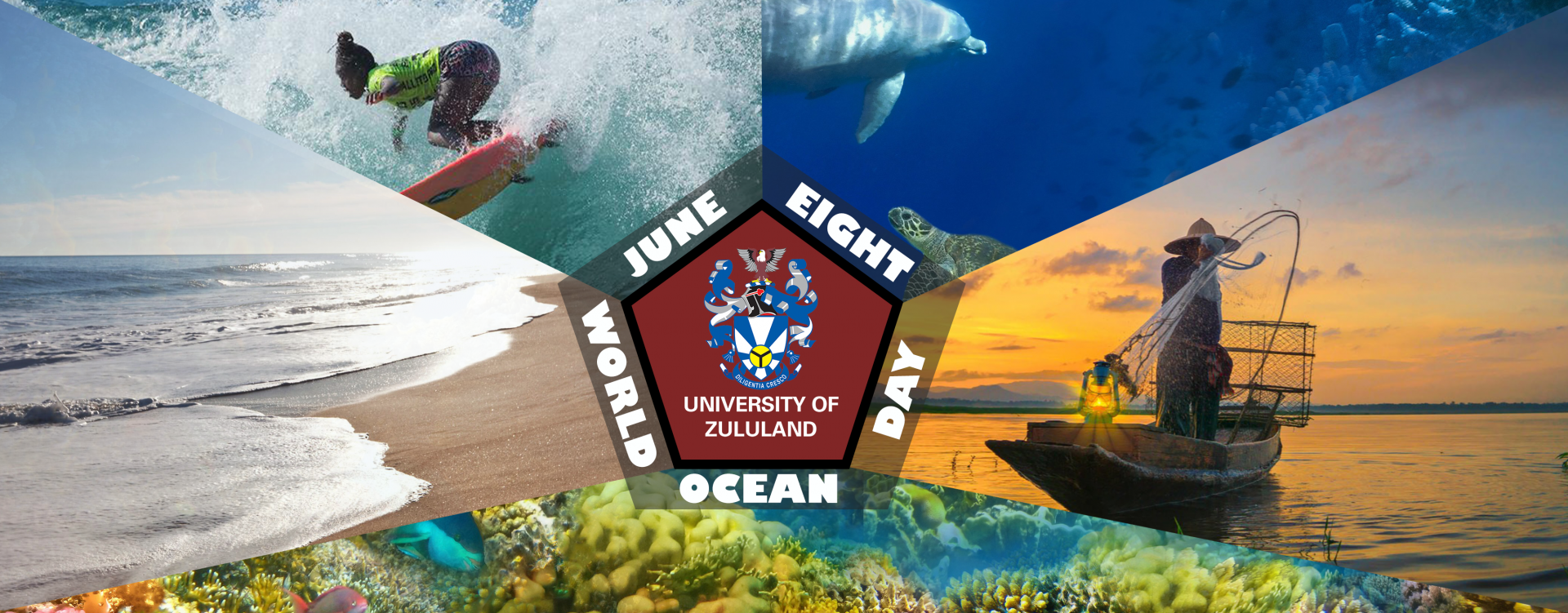The Ocean: Life and livelihoods

Almost 30 years has passed since the idea of celebrating World Oceans Day was discussed at the Earth Summit in Rio de Janeiro, Brazil. In 2008, the United Nations formally adopted this day, which is now celebrated annually on the 8th of June. This year is no different, but due to the impact of the COVID-19 pandemic, this important day will be celebrated virtually just like last year.
This special day is an opportunity to celebrate the world’s shared oceans and to raise awareness about the crucial role the ocean plays in people lives. The oceans are essential to food security and the health and survival of all life. They also power our climate and are a critical part of the biosphere. World Oceans Day is an opportunity to raise global awareness of the current challenges faced by the international community in connection with the oceans.
The United Nations will celebrate this day with a series of entertaining and informative talks ranging from showcasing the wonderful world underneath our seas, exploring the relationship between humans and the seas and how we negatively impact the ocean. So why must we celebrate World Oceans Day and what is it purpose? Sir Arthur Clarke, a world famous science fiction writer, answered this question very eloquently when he said that it is inappropriate to call this planet Earth, when it is quite clearly Ocean. This is because, 70% of the earth’s surface is covered by water, particularly the ocean. The purpose for this day is to raise awareness about the importance of the ocean, our connection to the ocean and the need to protect it. The world oceans are interconnected and provide very important services, including regulating global weather patterns. More importantly, the world oceans sustain at least 50% of the global primary production, which in turns influences the fisheries industry. South Africa is influenced by three ocean systems; the Agulhas current system that flows southwards on the east coast, the Southern Ocean that influences the southern Cape coast and the nutrient rich Benguela current that flows northward on the west coast. The Benguela system also supports major fisheries in South Africa such as hake fisheries. How can we forget one of the natural wonders of our oceans that we experience every year; the sardine run that supports many families. Besides these ecosystem services, the oceans are also used for cultural and spiritual reasons, with tourism being the major beneficiary. Research shows that littered beaches negatively correlate with how long tourists stay.
What are the major challenges facing the World Oceans? Over utilisation of natural resources (e.g. overfishing), eutrophication which may lead to harmful algal blooms, oil exploration, global ocean warming and pollution are perhaps the most obvious threats to the World Oceans. In the recent decade however, the word on everyone’s lips is pollution from plastics, particularly micro and nanoplastic pollution. Who can forget the nurdle spill in Durban Harbour about five years ago, whose impact is still felt today? Nurdles are small plastic pellets that are used to manufacture different plastic products including plastic bags. Up to today, less than 35% (of almost 50 tonnes) of the nurdles have been recovered. Therefore, keep in mind when you purchase the plastic bag with your groceries, that the plastic bags themselves contribute about 50% to plastic pollution. Plastic bags are generally used just once and then discarded. You may think that these plastics end up at a local dumpsite but in actual fact, they end up being washed by rivers to the nearest ocean. Along its way, it would have broken down to smaller and smaller pieces that eventually affect marine life. Micro and nanoparticles are so small such that they may easily be passively ingested by organisms in the oceans including your favourite seafood such as oysters, mussels and prawns. Although such tiny organisms obviously consume relatively smaller amounts of plastics, this can increase significantly through the food chain if you consider the fact that predators such as fish generally consume more than one prey items. Now consider the fact that human are also the top predators along the food chain. Recent research is already showing that micro plastics are also ingested by humans. Do you need more convincing on why you should protect the ocean or why you shouldn’t pick up that plastic bottle when you take a walk along the beach?
Research on environmental toxicology that is conducted in our Department of Zoology shows that micro plastics are not only found in the oceans but are now also found in our rivers. This means that both freshwater and marine fish may be the potential sources of micro plastics to humans. We are currently investigating the potential accumulation of micro plastics in oysters and mussels, which are important sources of food and protein for many subsistence fishers. Our department is one of the few that are currently actively involved in marine toxicology research in the country. In conclusion, remember that oceans are environmentally, economically and socially important. They support livelihoods as the major contributor to global primary production that supports fisheries. So, take care of this precious, natural resource by protecting it from pollution. Recycle, reuse and repurpose plastics as much as possible. Participate on activities such as beach clean-up days.
Finally, Happy World Oceans Day.
- Dr Ntuthuko Masikane
Academic in the Department of Zoology














Leave a Reply